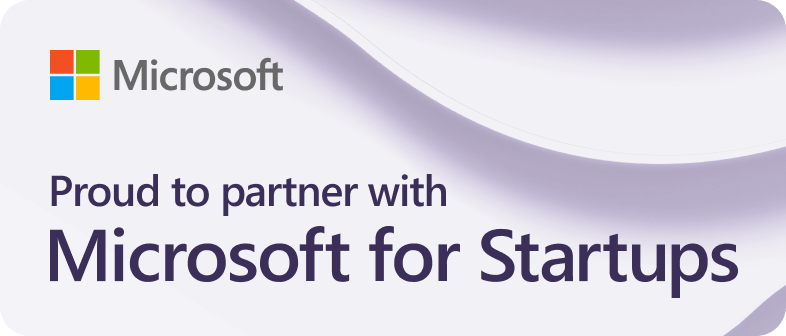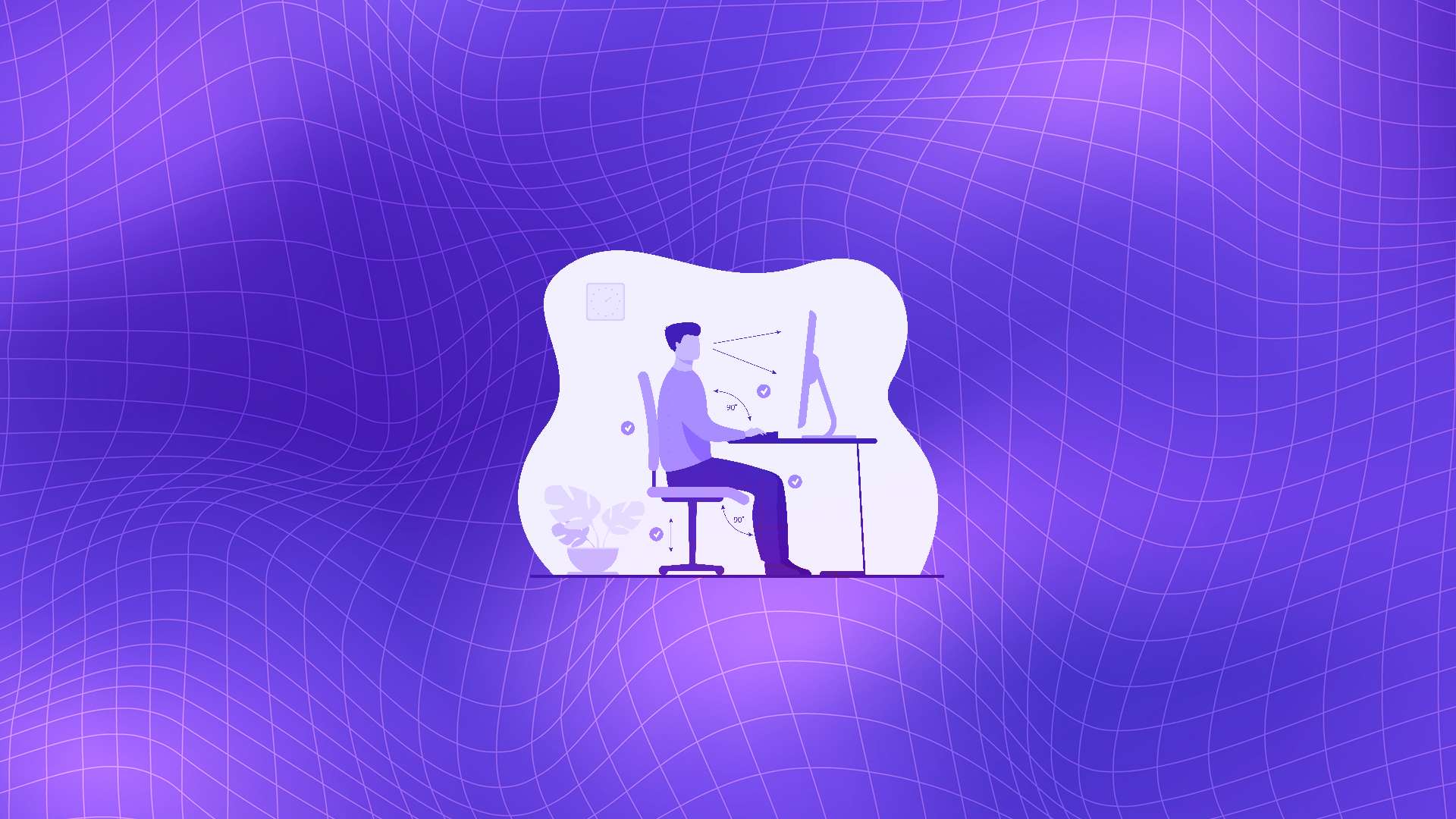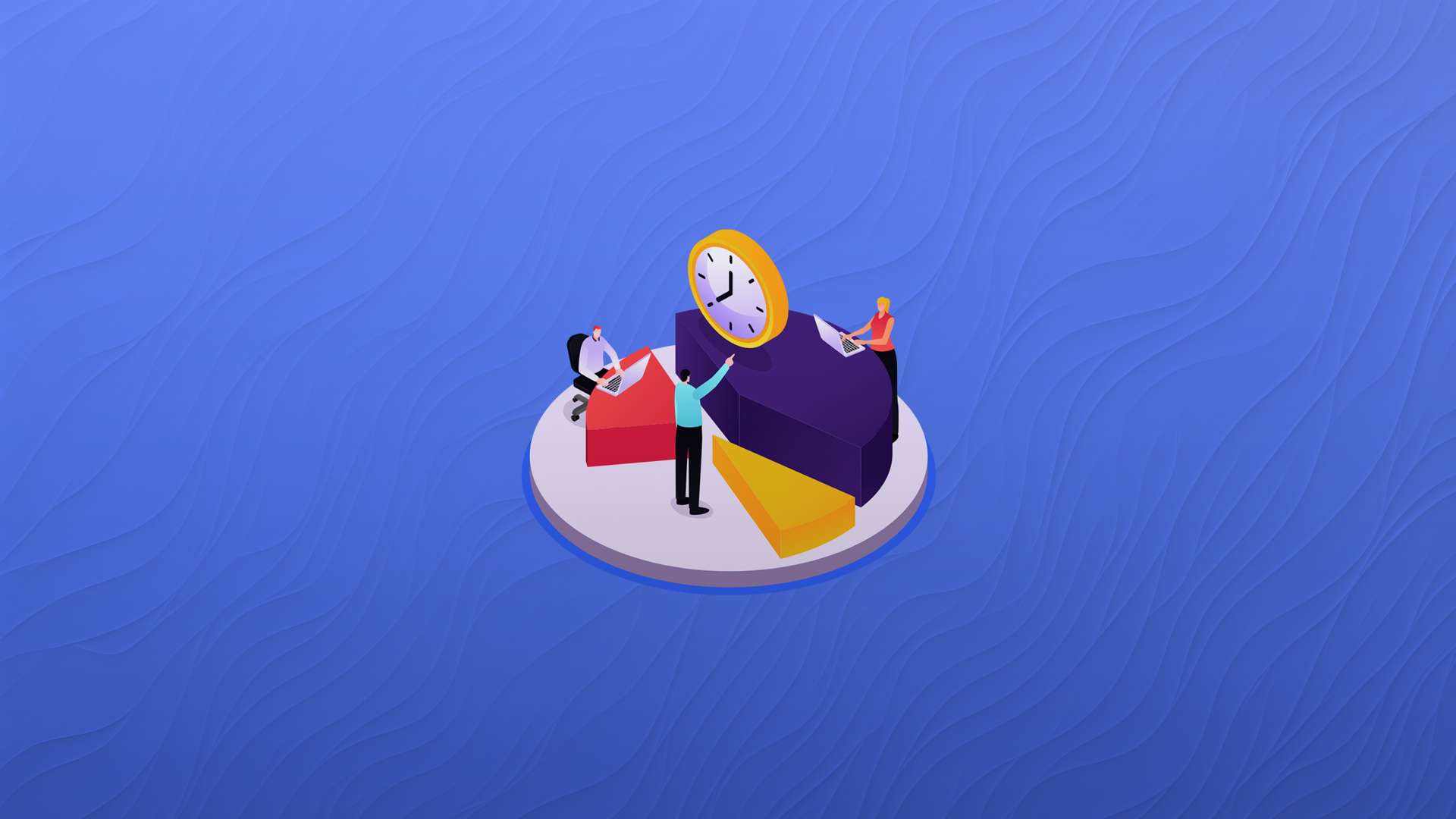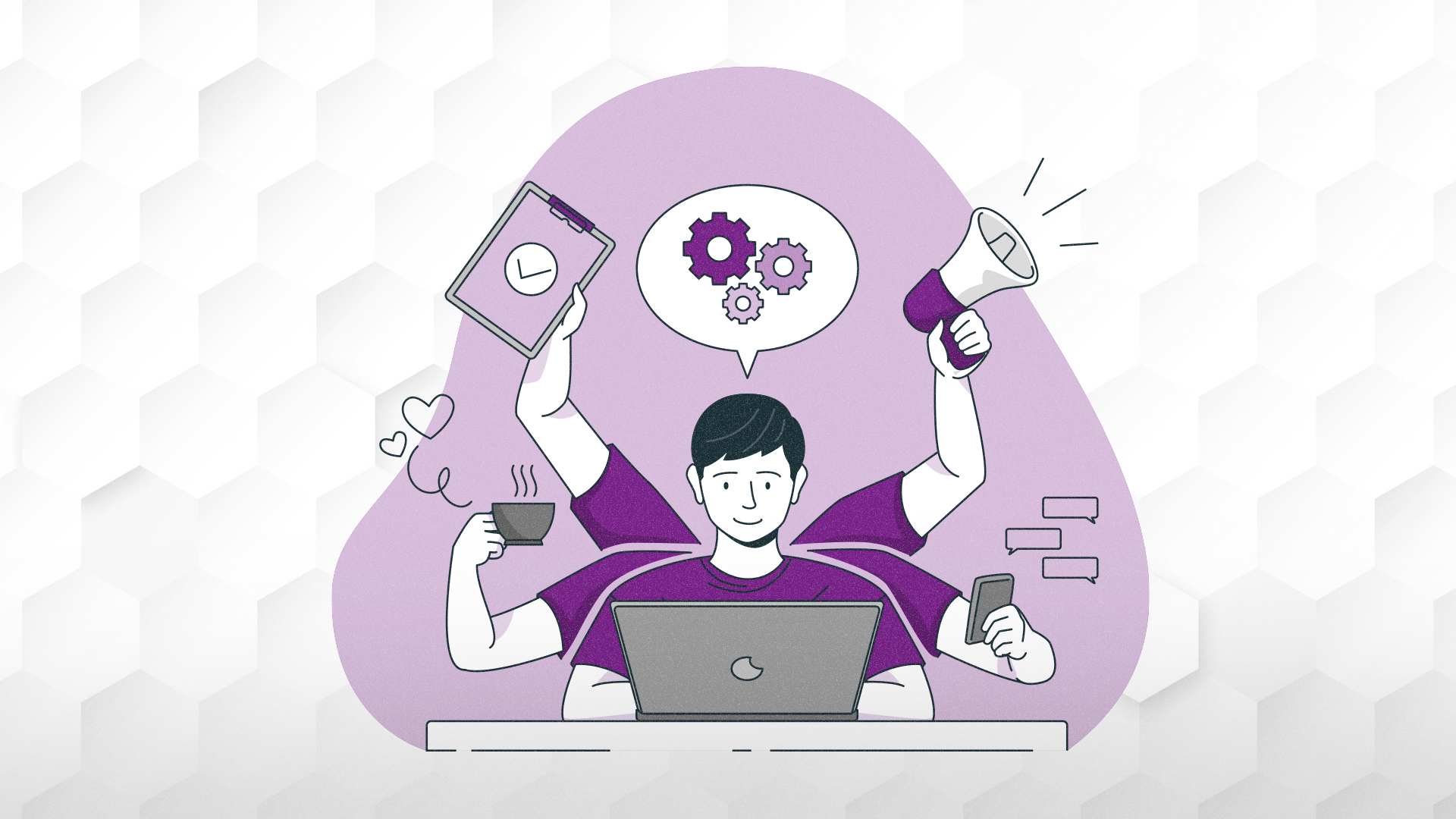
Balance Between Professional and Personal Growth
(6 minutes of reading) In a world where the search for professional success is incessant, it is easy to get lost in the race to achieve career goals and objectives. We often find ourselves immersed in our jobs, dedicating long hours to code, solving complex problems, and seeking to improve our technical skills, without even remembering to look at our personal lives. It is essential to remember that we are much more than just professionals looking for progress in the technology field. Our journey as human beings go beyond the lines of code we write. We are complex beings, with emotional, physical, and social needs that need to be met to achieve a true and satisfactory balance in our lives. In today's text, we will give you some valuable tips for finding and maintaining this delicate balance. Come read! ESTABLISH CLEAR PRIORITIES It is essential to understand what is most important to you in your personal and professional life. Set clear and specific goals for each area and work to balance them. This can include career goals, like learning a new programming language or achieving a promotion, and personal goals, like spending more time with family or learning a new hobby. By setting clear priorities, you can ensure you are dedicating enough time and energy to each aspect of your life. MANAGE YOUR TIME WISELY Effective time management is essential to balance professional and personal growth. Try techniques like the Pomodoro Technique, which involves working for short periods of time and taking regular breaks, to maximize your productivity while working. Additionally, make time in your schedule for meaningful personal activities, such as exercise, hobbies, or quality time with loved ones. By managing your time wisely, you can ensure you are meeting the demands of both your work and personal life. TAKE CARE OF YOUR HEALTH Physical and mental health is fundamental for balanced growth. Make sure you prioritize adequate sleep, healthy eating, and regular exercise. Additionally, make time for relaxation activities, such as meditation or mindfulness practice, to help reduce stress and promote mental well-being. By taking care of your health, you will be in a better position to achieve your goals both at work and in your personal life. LEARN TO SAY NO It's important to set limits and learn to say no to projects or commitments that could overload your schedule and harm your personal balance. Carefully evaluate each request you receive and prioritize those that are most aligned with your goals and values. Remember that saying no does not mean being selfish, but rather protecting your health and well-being. INVEST IN PERSONAL DEVELOPMENT Take time to invest in your personal development. This could include pursuing new hobbies or interests, participating in courses or workshops that are not directly related to your career, or simply taking time to dedicate yourself to activities that make you happy. Personal development not only enriches your life outside of work, but it can also bring you new perspectives and skills that can benefit your career in the long run. SEEK SUPPORT AND NETWORK Maintain a network of professional and personal contacts who can offer support and guidance in times of challenge and growth. This can include co-workers, mentors, friends and family. Don't be afraid to ask for help when needed and be willing to offer your support to others as well. Not only can networking help you advance your career, it can also provide a vital support system in your personal life. PRACTICE DIGITAL DISCONNECTION It's easy to get overwhelmed by work when we're constantly connected to electronic devices. Set aside regular periods of digital disconnection, during which you disconnect from work and focus on non-screen activities. This could include walks outdoors, quality time with family and friends, or simply relaxing and enjoying a favorite hobby. By practicing digital disconnection, you can recharge your batteries and find a healthy work-life balance. LEARN FROM MISTAKES AND CELEBRATE ACHIEVEMENTS Recognize that growth is an ongoing process that involves both failures and successes. Be open to learning from your mistakes and using these experiences as opportunities for growth. Likewise, celebrate your achievements, no matter how small, and recognize the progress you are making towards your goals. Cultivating an attitude of gratitude and appreciation can help you maintain a positive and motivating outlook on your journey of professional and personal growth. Finding the balance between professional and personal growth can be challenging, but it is essential for a full and satisfying life. By implementing these tips into your daily routine, you will build a solid foundation for achieving success in all areas of your life. Remember that you are more than just a programmer - you are a complete human being with needs and aspirations that deserve to be met.
Share this article on your social networks:
Rate this article:
Other articles you might be interested in reading
- All (185)
- Career (38)
- Competitions (6)
- Design (7)
- Development (112)
- Diversity and Inclusion (3)
- Events (3)
- History (15)
- Industries (6)
- Innovation (38)
- Leadership (8)
- Projects (23)
- Well being (18)

Cloud Computing and Digital Transformation and Social Impact
(5 minutes of reading)
In recent years, we have witnessed a quiet revolution that is fundamentally reshaping the way we live and work. At the center of this transformation is cloud computing, a technological innovation that transcends physical limits and opens up new horizons of possibilities. This text will talk about this subject that is transforming the IT area. Come read!...

Tech in Education
(9 minutes of reading)
In the contemporary educational landscape, technology plays an increasingly crucial role, revolutionizing not only the way students learn, but also how educators teach. As we adapt to a digitally connected world, new trends are emerging that promise to further transform the way education is designed and delivered. Come read this text to learn about the latest trends in educational technology and explore their impact on student development and the evolution of teaching. Come with us!...
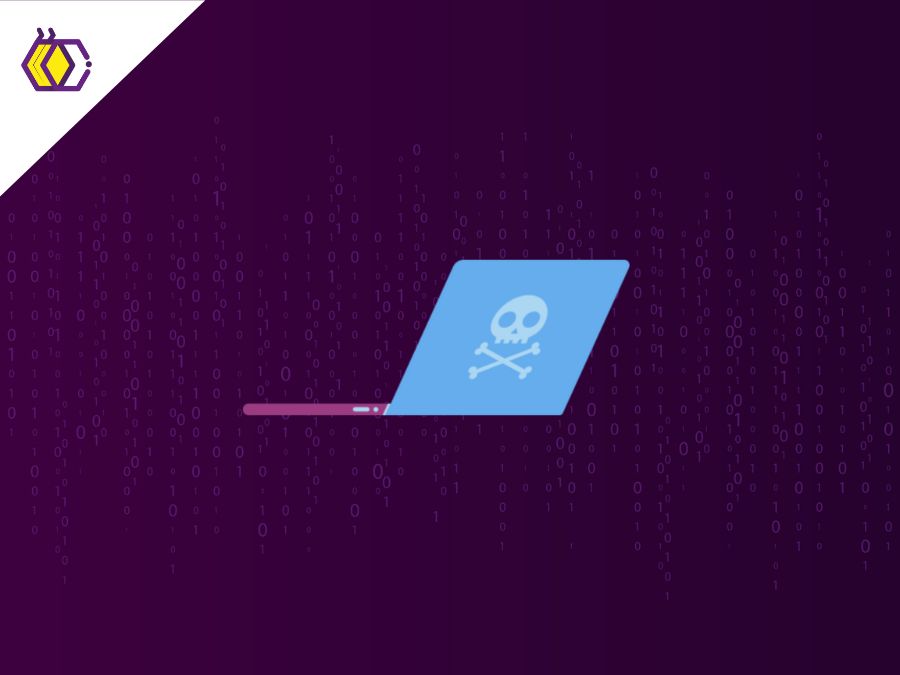
Ethical Software Development
(5 minutes of reading)
Developing software is a complex activity that goes far beyond simple coding. It involves a meticulous process of planning, design, implementation, testing and maintenance to create reliable, efficient, and secure systems. However, in addition to seeking functionality and performance, developers must also carefully consider the ethical aspects of the software they are creating. In this text we will talk about ethics and responsibility when developing software. Come read!...
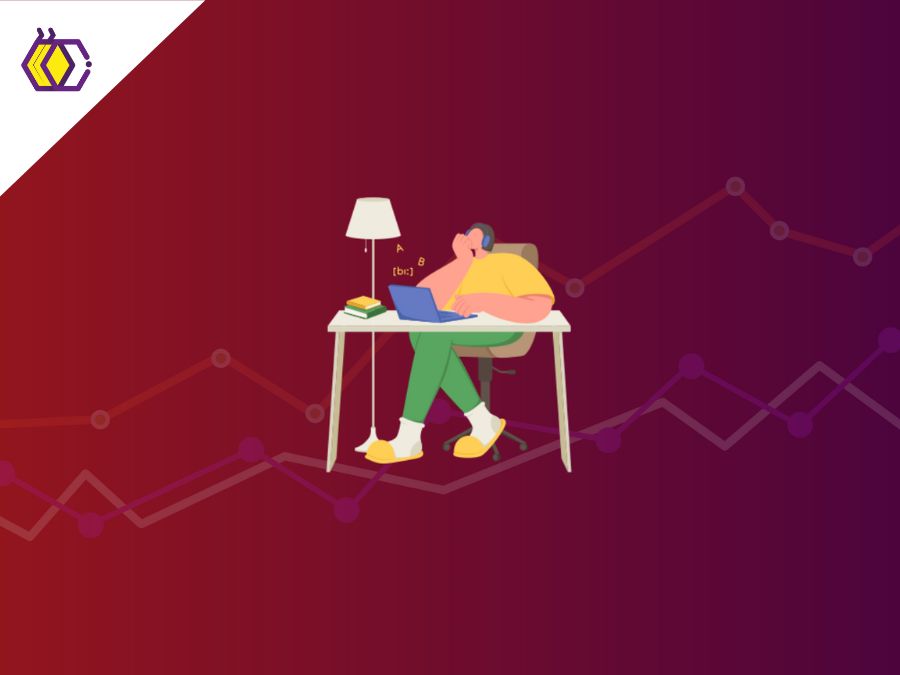
Balance Between Professional and Personal Growth
(6 minutes of reading)
In a world driven by the constant search for professional success, we often find ourselves immersed in our careers, forgetting the fundamental balance between professional and personal growth. As we dedicate hours to coding, solving problems, and advancing our technical skills, it's essential to remember that our journey as human beings go beyond the lines of code. Come read our text and see super cool tips on how to achieve this balance!...

How to Highlight Programming Competition Awards on your CV
(6 minutes of reading)
In a field as dynamic as software development, it is crucial to stand out from the crowd. An exceptional way to do this is through recognition and awards won in competitive programming competitions. In addition to demonstrating your superior technical skills, these awards attest to your ability to solve complex problems, collaborate as a team, and deliver exceptional results under pressure. Today we will talk about the curriculum and competitions, are you interested? Come with us!...
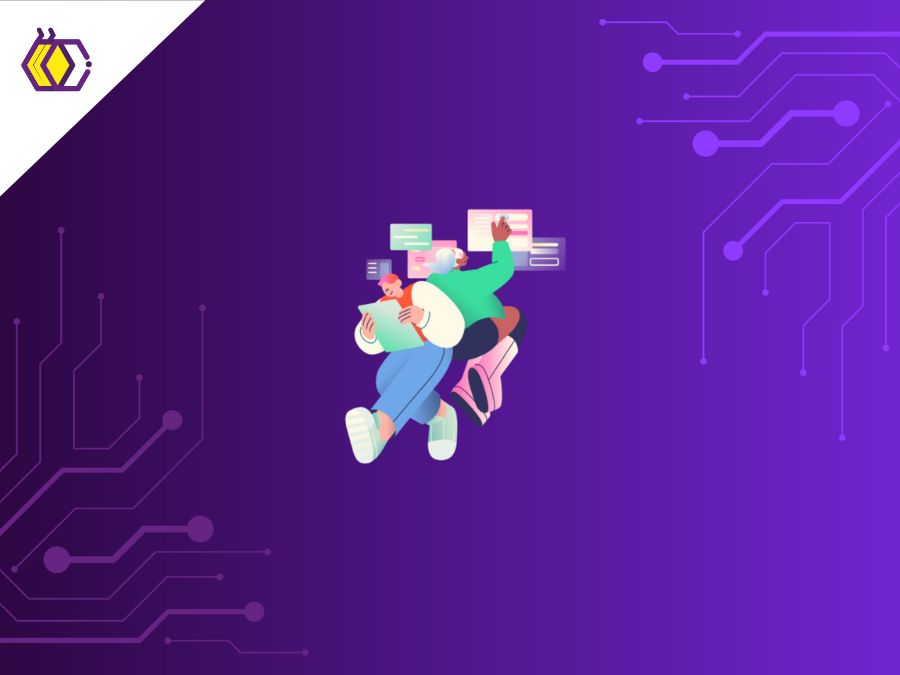
Open Source and Collaboration
(5 minutes of reading)
If you're ready to start exploring the world of open source, be aware that you will encounter many learning opportunities and challenges. Collaboration is at the heart of this environment, driving innovation and influencing the direction of technology. Come read our text to find out more about this subject!...


 Innovation
Innovation 
